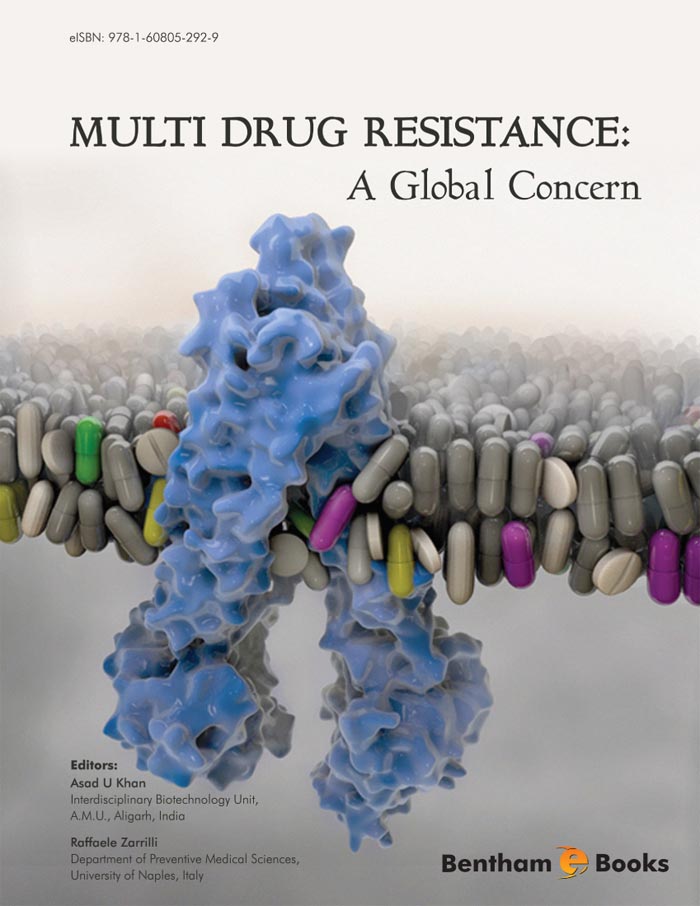Foreword
Once heralded as a miracle drug, penicillin was the first antibiotic in the war against infectious disease. Alexander Fleming recognized the potential for misuse and warned that misuse of antibiotics could result in the development of mutant forms of bacteria that were resistant to those drugs. Fleming’s words proved true not just for penicillin but for each antibiotic subsequently developed.
Despite the development of so many antibiotic molecules during the last fifty years, increasing antibiotic resistance worldwide may lead to therapeutic dead-end. In a growing number of cases bacteria are resistant to multiple drugs. This excellent eBook covers many aspects on resistance issues in bacteria. It covers the problem of methicillin resistance in Staphylococcus aureus that is observed in hospital and now in the community. The spread of methicillin-resistance in the community in S. aureus many complicate significantly its control-antibiotic resistance in tuberculosis which is a growing problem mostly in developing countries. The current situation in this research area is excellently summarized here. By far, its seems that resistance to broad-spectrum antibiotics may significantly hamper the use of those drugs for treating Gram-negative related infections. This is the reason why the parts in this eBook on resistance in Gram-negatives are expanded significantly here. Molecular and biochemical bases of resistance in Gram negatives are given in detail here and all interesting aspects are covered from the most fundamental to the most clinical points of view. The resistance traits often identified first in many developing countries may be spread worldwide at a quite high rate due to globalization and modern travel means. This has been examplified for the carbapenemase NDM-1 that is now identified worldwide. Multidrug resistance in Gram negatives is driven by the emerging carbapenemases and the clavulanic-acid inhibited ESBLs which were among the most important emerging resistance mechanisms in Gram-negatives in 2010. They are associated to other resistance mechanisms (aminoglycosides, fluoroquinolones) explaining the multidrug resistance patterns observed to a large extent. Many excellent chapters here identified those mechanisms and indicated how to control their spread. Control of spread of these multidrug resistant isolated in Gramnegative rods could be possible for a short period of time in hospitals. However, if they will spread in the community their control will be impossible. Treatment of many infections associated to multidrug resistant Gram-negatives infections will need evaluation of clinical efficacy of “old” drugs in combination (colistin, fosfomycin…) or the development of totally novel molecules. We are not sure that such molecules would be available from a clinical point of view within the next five years. Therefore, control of multidrug of those bacteria will be one of the most important issues for the human health.
It shall be kept in mind that many modern techniques in medicine (grafts, heart by-pass…) rely on antibiotics either for a prophylactic usage or for treating possible post-operative infections. Lack of efficient antibiotics may hamper significantly parts of the medicine developed in the last thirty years.
Prof. P. Nordmann
Department of Bacteriology-Virology
Med. School South Paris
France

